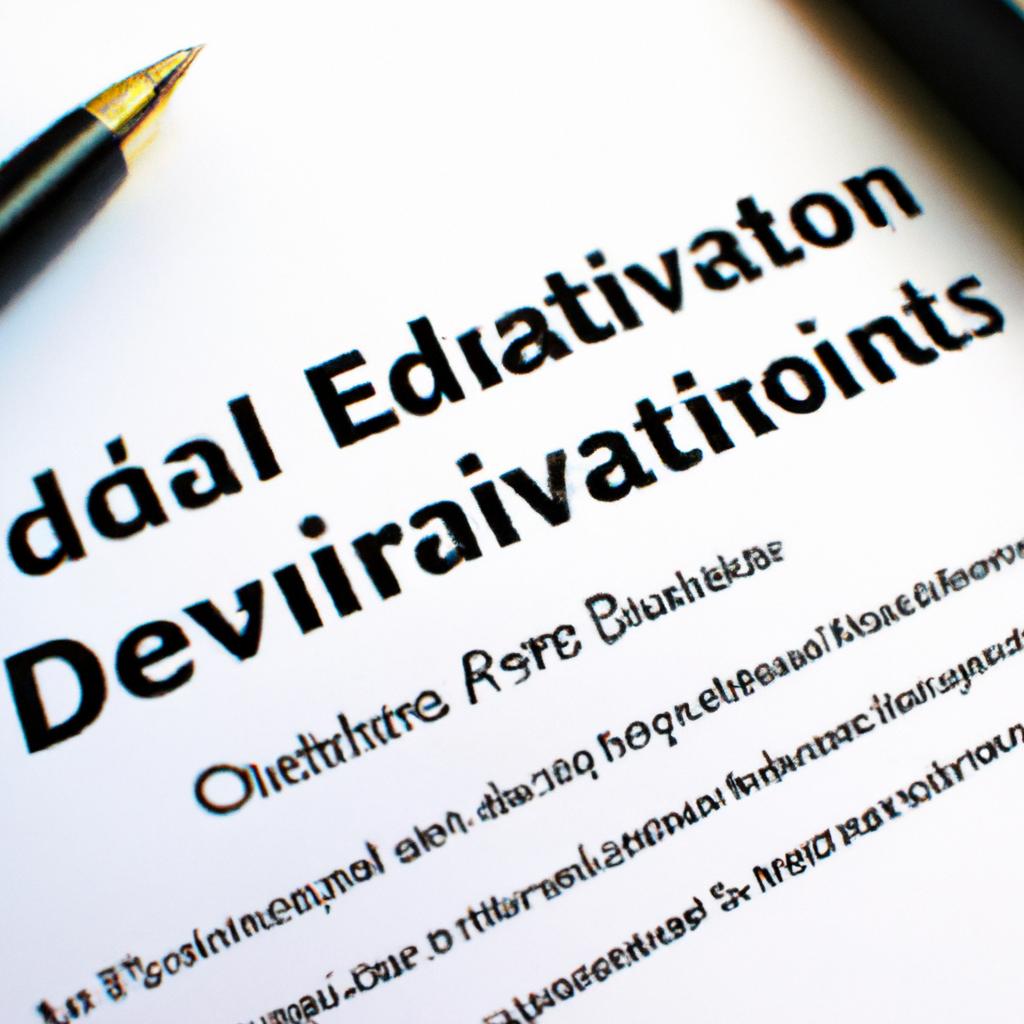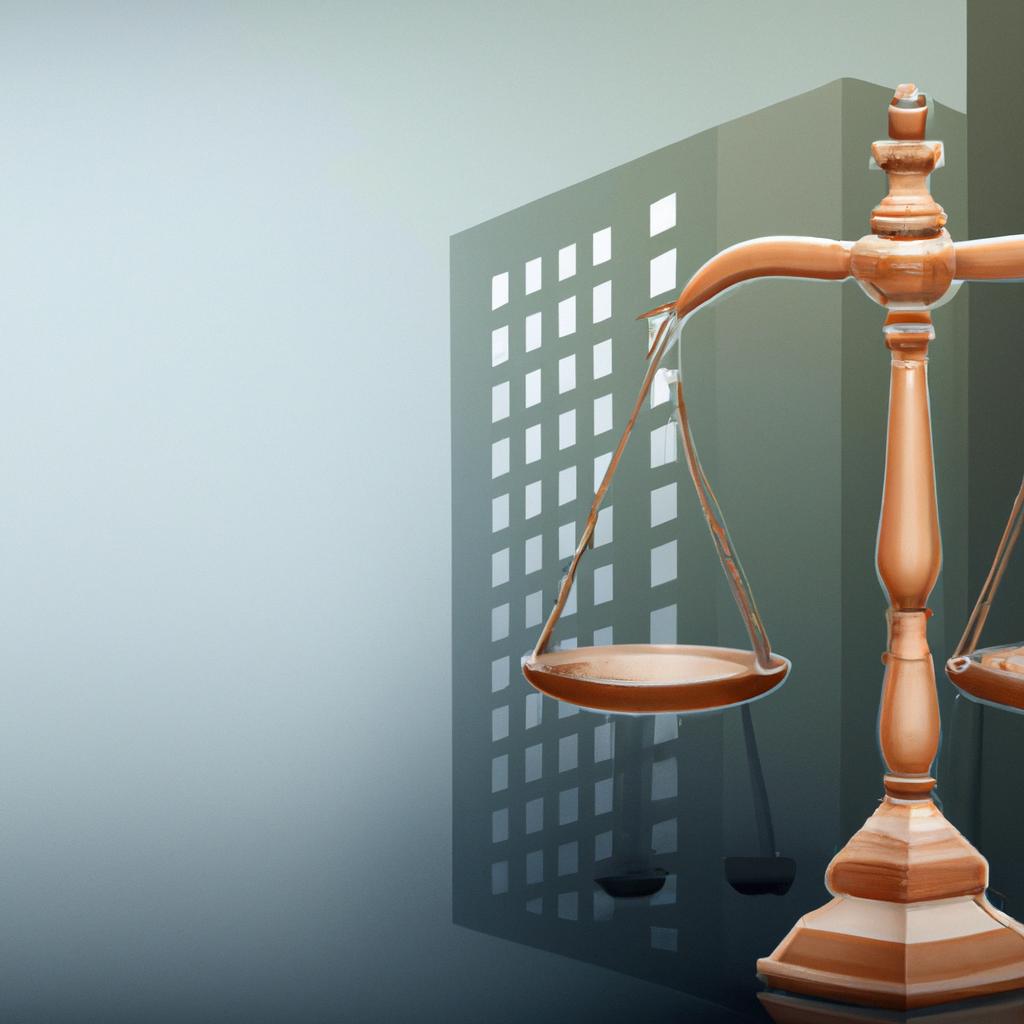Navigating the intricate legal landscape of property ownership can often be a daunting task, especially when the distinctions between being listed on the deed but not the mortgage come into play. As experienced attorneys at Morgan Legal Group in New York City, we are well-versed in addressing such nuanced matters related to estate planning, probate, elder law, Wills, and trusts. In this article, we will provide clarity and guidance on what it means to be on the deed but not the mortgage, and the rights and responsibilities that come with such a legal arrangement.
Understanding the Legal Implications of Being on the Deed but Not the Mortgage
If you find yourself on the deed but not the mortgage of a property, it’s important to understand the legal implications of this situation. While being on the deed gives you ownership rights to the property, it does not necessarily make you responsible for the mortgage payments. Here are some key points to consider:
- Ownership Rights: Being on the deed means you have a legal claim to the property and are entitled to a share of any proceeds from a sale.
- Liability for Mortgage: Even if you are not on the mortgage, you may still be at risk if the mortgage is not paid. The lender can foreclose on the property, which could impact your ownership rights.
It’s crucial to consult with a legal expert to understand your rights and obligations in this situation. At Morgan Legal Group in New York City, our experienced attorneys can provide guidance on how to protect your interests when you are on the deed but not the mortgage. Don’t hesitate to reach out for personalized legal advice tailored to your specific circumstances.

Protecting Your Rights as a Deed Holder Without Mortgage Responsibility
As a deed holder without mortgage responsibility, it is crucial to understand your rights and protect your interests. One of the key aspects to consider is ensuring that your ownership rights are clearly defined and legally protected. Without mortgage responsibility, you may not be liable for the mortgage payments, but it is essential to safeguard your ownership rights in case of any disputes or legal issues.
It is recommended to take the following steps to protect your rights as a deed holder without mortgage responsibility:
- Review and keep a copy of the deed to the property
- Consult with a real estate attorney to understand your legal rights and obligations
- Stay informed about any changes in ownership or property status

Navigating Potential Risks and Benefits of Being on the Deed Only
When considering whether to be on the deed but not the mortgage of a property, it is important to carefully weigh the potential risks and benefits. One benefit of being on the deed is that you have legal ownership of the property, which can provide you with certain rights and protections. However, it is crucial to understand that being on the deed but not the mortgage means that you will not be responsible for making mortgage payments.
One potential risk of being on the deed but not the mortgage is that you may not have financial responsibility for the property, but you could still be held liable for certain costs or liabilities associated with it. Additionally, if there are disagreements or disputes among the owners of the property, being on the deed but not the mortgage could complicate matters. It is essential to consult with a knowledgeable legal professional to fully understand the implications of being on the deed only.

Consulting with Experienced Real Estate Attorneys for Sound Advice
When you find yourself on the deed of a property but not on the mortgage, you may have questions about your rights and responsibilities. Consulting with experienced real estate attorneys can provide you with valuable insight and sound advice on how to navigate this situation.
During a consultation with our team at Morgan Legal Group, we can help clarify any confusion you may have regarding your legal standing in such a scenario. Our attorneys have a wealth of knowledge in real estate law and can provide you with the guidance you need to make informed decisions. By seeking expert advice, you can ensure that your interests are protected and that you understand the implications of your role in the property ownership.
Q&A
Q: What does it mean to be on the deed but not the mortgage?
A: Being on the deed but not the mortgage means that you have legal ownership of the property, but you are not financially responsible for the mortgage payments.
Q: Can you be on the deed but not the mortgage?
A: Yes, it is possible for someone to be on the deed of a property without being on the mortgage. This usually occurs when multiple parties own a property together but only one or some of them are responsible for the mortgage.
Q: What are the rights of someone on the deed but not the mortgage?
A: If you are on the deed but not the mortgage, you have ownership rights to the property and may be entitled to a portion of any profits if the property is sold. However, you are not obligated to make mortgage payments.
Q: What are the responsibilities of someone on the deed but not the mortgage?
A: The responsibilities of someone on the deed but not the mortgage typically include maintaining the property and ensuring that it is in good condition. However, they are not responsible for making mortgage payments.
Q: Can someone on the deed but not the mortgage be removed from the deed?
A: It is possible to remove someone from the deed of a property, but it can be a complicated legal process. It is best to consult with a real estate attorney for guidance in such a situation.
Closing Remarks
In conclusion, being on the deed but not the mortgage can present unique challenges and opportunities for homeowners. It is important to understand your rights and responsibilities in this situation, and to communicate effectively with all parties involved. By staying informed and proactive, you can navigate this complex arrangement successfully and ensure a smooth homeownership experience. Thank you for reading!

